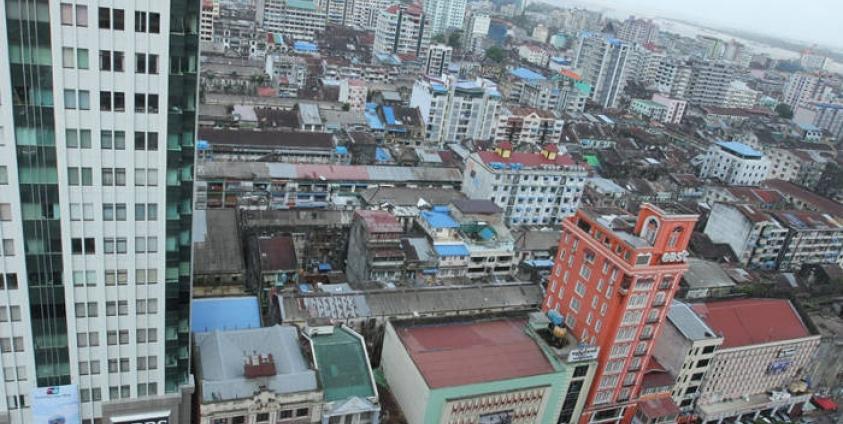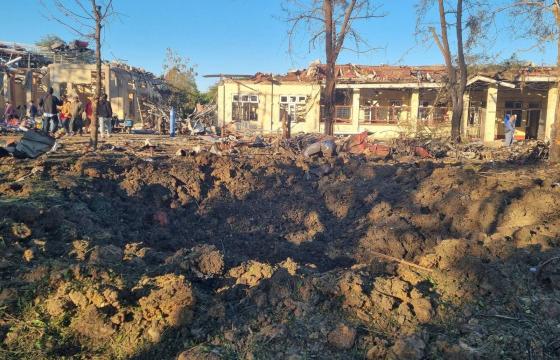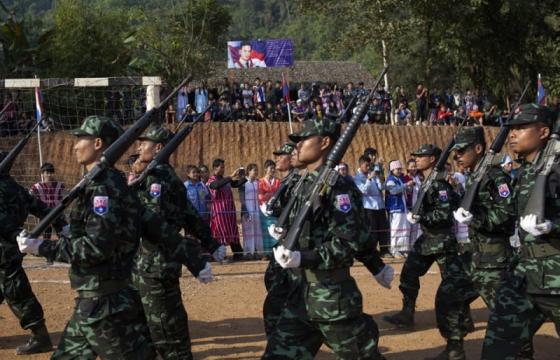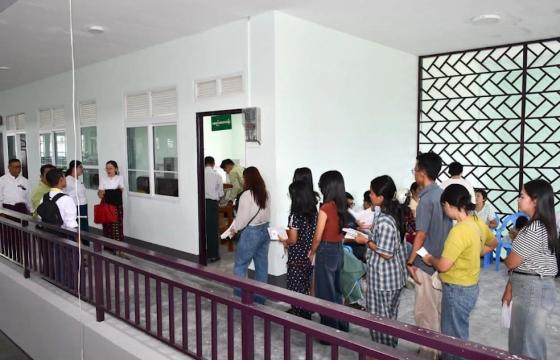The EU Myanmar Trade Development Programme (TDP) was launched at a ceremony today. With joint support from the EU and Germany, the programme seeks to strengthen Myanmar's economy and support the country's return to the Global Trade Market according to a programme statement on 6 October.
EU Ambassador Roland Kobia said that "Myanmar is at a crossroads; it is essential to make the best use of the opportunities of international trade and preferential market access, such as to the EU, for the widest benefit of the Myanmar people. The EU Myanmar Trade Development programme will support this goal as it will improve the quality of food and consumer protection, modernize trade infrastructure and boost exports, which will create jobs and raise incomes".
The official inauguration of the programme was hosted by the Minister of Commerce, H.E. Dr. Win Myint, and the EU Ambassador, H.E. Roland Kobia. Key experts in trade development as well as international stakeholders joined the event.
Trade and investment plays a key role in support of development in Myanmar. With new opportunities in trade and investment arising, Myanmar is starting to feel the benefits of its return to the global community. The main objective of the TDP is to assist both the public and private sectors to seize new trading opportunities in order to generate sustainable and inclusive economic growth for the benefit of all Myanmar people. By facilitating trade and removing trade barriers, the TDP supports the country to reintegrate into the world trading system the statement said.
The TDP is a three year technical assistance programme implemented by the Deutsche Gesellschaft für Internationale Zusammenarbeit (GIZ) in close cooperation with the Ministry of Commerce and key stakeholders from other Ministries as well as the private sector.
Initially, the programme will focus on two sectors with strong potential for exporting to the EU: Fishery and beans. In the fishery sector exports to the EU are already established. Beans for sprouting are the second focus to improve post-harvest handling, packaging and compliance to EU regulations.
The programme will run until December 2017. The budget of €10.5 million (MMK 15 billion) is funded by the European Union and co-funded by Germany.






